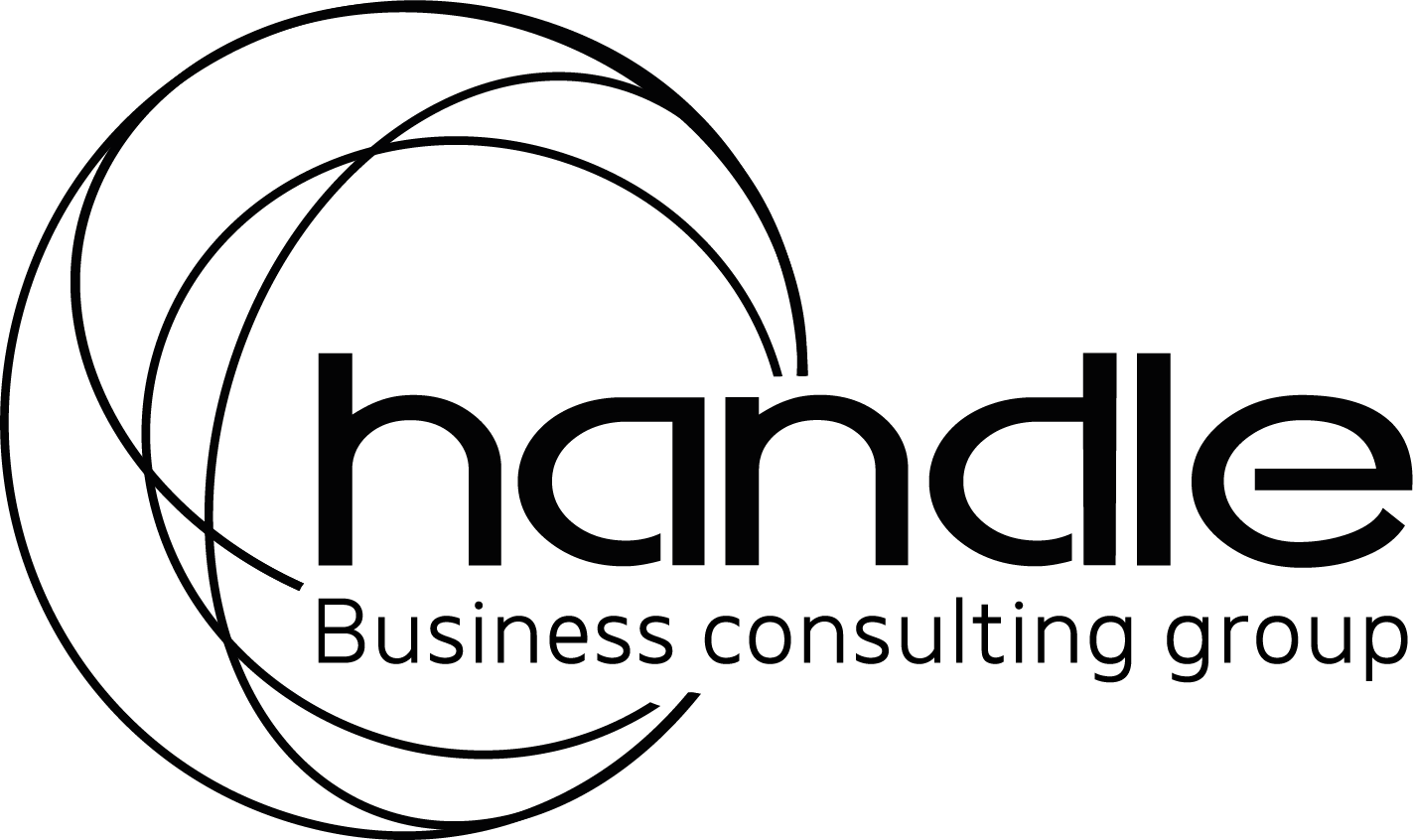Abstract:
Family businesses face unique complexities that can impact their long-term sustainability and success. This report delves into the various types of complexity encountered by family businesses and provides strategies for managing each type effectively. By understanding these complexities and implementing appropriate solutions, family businesses can harness their strengths while mitigating the challenges posed by complexity.
- Introduction:
Complexity is an inherent characteristic of
family businesses, stemming from the
intertwining of family dynamics and business
operations. Dealing with complexity is crucial
for maintaining a competitive edge and
ensuring the business’s long-term viability.
This report explores the different types of
complexity prevalent in family businesses
and offers strategies for managing each type
effectively.
- Types of Complexity in Family Businesses:
2.1. Ownership Complexity:
Ownership complexity refers to the intricate web of family ownership structures, shareholdings, and family members’ varying levels of involvement and influence. It can result in conflicting interests, diluted decision-making authority, and challenges in aligning family goals with business objectives.
2.1.1. Solution: Clear Ownership Governance:
Implementing robust ownership governance mechanisms such as family shareholder agreements, family councils, or a family constitution can help manage ownership complexity. These structures provide a forum for resolving conflicts, establishing ownership policies, defining roles and responsibilities, and fostering a shared vision for the family’s involvement in the business.
2.2. Succession Complexity:
Succession complexity arises during leadership transitions between generations. It involves a combination of family dynamics, differing skill sets among successors, and the need for a smooth transfer of knowledge and decision-making authority.
2.2.1. Solution: Thoughtful Succession Planning:
Thoughtful succession planning is crucial for addressing succession complexity. This includes identifying and developing potential successors, providing adequate training and mentoring, fostering open communication, and having a clear roadmap for leadership transitions. Engaging external advisors or family business consultants can bring objectivity and expertise to the succession process.
2.3. Governance Complexity:
Governance complexity refers to challenges in decision-making, particularly when family members hold key executive positions or when conflicts arise in family-owned boards. The overlap between family and business dynamics can complicate strategic decision-making processes.
2.3.1. Solution: Implement Effective Governance Structures:
Establishing clear governance structures, such as a board of directors with independent members or advisory boards, can help address governance complexity. These structures promote transparency, accountability, and professionalism in decision-making, ensuring the interests of both the family and the business are effectively represented.
2.4. Family Dynamics Complexity:
Family dynamics complexity encompasses the interplay of relationships, emotions, and differing aspirations within the family. Conflicting family dynamics can strain communication, decision-making, and hinder the development of unified goals.
2.4.1. Solution: Family Communication and Conflict Resolution:
Open and effective communication within the family is vital for managing dynamics complexity. Implementing regular family meetings, facilitating constructive dialogue, and engaging in conflict resolution processes, such as family retreats or mediation, can help navigate and resolve conflicts, ultimately promoting harmonious family-business relationships.
2.5. Business Complexity:
Business complexity arises from various operational factors such as market volatility, technological advancements, global competition, and regulatory changes. Keeping pace with these complexities requires adaptability, innovation, and a proactive approach.
2.5.1. Solution: Strategic Planning and Professionalization:
Strategic planning is crucial for navigating business complexity. Family businesses should conduct comprehensive market scans, analyze emerging trends, and adapt their business models to meet changing customer demands. Moreover, professionalizing the management team by recruiting external talent, providing professional development opportunities, and fostering a culture of innovation can enhance the business’s ability to tackle operational complexities.
- Integration and Holistic Approach:
In addition to managing individual types of complexity, family businesses should also adopt an integrated and holistic approach. Recognize the interconnectedness of various complexities and ensure that the solutions put in place are aligned and mutually reinforcing. Effective integration strengthens overall complexity management efforts and promotes the long-term sustainability of the family business.
- Best Practices for Complexity Management:
4.1. Continual Learning and Development:
Family businesses should emphasize ongoing education and professional development for family members and key executives. This includes attending industry conferences, executive education programs, and seeking mentorship opportunities. Building a culture of continuous learning equips family members and employees with the knowledge and skills needed to navigate complex business environments.
4.2. External Expertise and Advisors:
Engaging external experts and advisors brings objective insights and specialized knowledge to the table. Family businesses should consider partnering with consultants, attorneys, accountants, and industry experts who can provide guidance on specific areas of complexity. These professionals can offer an outside perspective, challenge assumptions, and help businesses stay ahead of evolving trends.
4.3. Clear Vision and Strategic Alignment:
Developing a clear vision and strategic plan aligns the family and the business toward shared objectives. By defining long-term goals, identifying growth opportunities, and allocating resources accordingly, family businesses can streamline decision-making and minimize complexity. Regularly review and update the strategic plan to adapt to changing circumstances and market dynamics.
4.4. Regular Communication and Family Meetings:
Open and frequent communication is vital for managing complexity stemming from family dynamics. Establish a regular cadence of family meetings to foster transparency, discuss key business issues, and address any conflicts or concerns. Implementing clear communication protocols ensures that information flows effectively throughout the organization and reduces misunderstandings.
4.5. Embrace Technology and Innovation:
Leveraging technology and embracing innovation can simplify operations and enhance efficiency. Family businesses should invest in digital transformation initiatives, automation, and data analytics to streamline processes, improve decision-making, and adapt to evolving customer needs. Encourage an entrepreneurial mindset that encourages exploration of new business models and diversification.
4.6. Continuous Improvement and Adaptability:
Family businesses must continually assess their operations and performance to identify areas for improvement. Implementing robust performance metrics, conducting regular performance evaluations, and embracing a culture of continuous improvement fosters agility and adaptability. Actively seek feedback from stakeholders, conduct benchmarking exercises, and make necessary adjustments to optimize business outcomes.
- Case Study: XYZ Manufacturing Company
To further illustrate the effective management of complexity in family businesses, let’s examine the case of XYZ Manufacturing Company.
XYZ Manufacturing Company is a family-owned business in the industrial sector. As the company grew, various complexities emerged that threatened its future. By employing robust complexity management strategies, XYZ Manufacturing Company successfully overcame these challenges.
5.1. Ownership Complexity:
XYZ Manufacturing Company faced ownership complexity due to multiple family members holding shares with differing levels of involvement and conflicting interests. To manage this complexity, the company established a family council comprising key family members. The family council created a structured platform for transparent communication, consensus-building, and decision-making on ownership matters. They developed a family shareholder agreement that outlined the rights, responsibilities, and expectations of all family members, ensuring a unified approach to ownership.
5.2. Succession Complexity:
Like many family businesses, XYZ Manufacturing Company encountered succession complexity. The founders realized that a well-planned leadership transition was crucial for the company’s continuity. They engaged external advisors to develop a comprehensive succession plan, identifying and grooming the next generation of leaders. The plan included a combination of internal development programs and external talent recruitment to ensure a smooth transfer of leadership and expertise.
5.3. Governance Complexity:
To address governance complexity, XYZ Manufacturing Company restructured its board of directors by appointing independent board members alongside family representatives. This brought external expertise and objectivity to the decision-making process, enabling strategic direction and alignment with the company’s long-term vision. They also implemented regular board evaluations and training programs to enhance governance effectiveness.
5.4. Family Dynamics Complexity:
XYZ Manufacturing Company recognized the importance of managing family dynamics effectively. They initiated regular family meetings and created a culture of open and transparent communication. Family members participated in team-building activities and conflict resolution workshops to foster trust, maintain healthy relationships, and maintain focus on business objectives. Family members agreed to separate family matters from business matters, promoting professionalism and minimizing conflicts of interest.
5.5. Business Complexity:
XYZ Manufacturing Company confronted business complexities arising from technological advancements and market volatility. To address these challenges, they invested in research and development, staying ahead of industry trends to meet evolving customer demands. The company also formed strategic partnerships and alliances with other organizations to leverage complementary expertise and expand their market reach. By remaining agile and responsive to market dynamics, XYZ Manufacturing Company successfully navigated business complexities.
- Conclusion:
Complexity management is a fundamental aspect of ensuring the long-term success and sustainability of family businesses. By recognizing and understanding the various types of complexity, family businesses can implement targeted strategies to mitigate their impact. Ownership governance, succession planning, effective governance structures, family communication, strategic planning, and adaptability are critical elements of complexity management.
Through the proactive implementation of these strategies, family businesses can embrace complexity as an opportunity for growth and innovation. The case of XYZ Manufacturing Company illustrates the positive outcomes that result from effectively managing complexity. By leveraging external expertise, fostering open communication, setting clear goals, and embracing change, family businesses can thrive amidst complexities and secure a prosperous future for generations to come.















